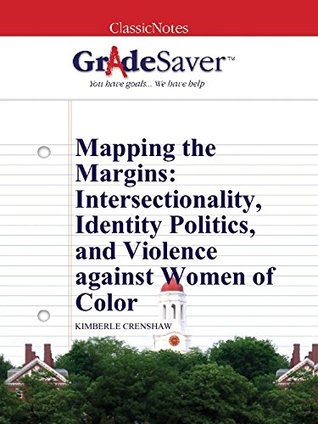What do you think?
Rate this book


60 pages, Kindle Edition
First published January 1, 2017
This project attempts to unveil the processes of subordination and the various ways those processes are experienced by people who are subordinated and people who are privileged. It is, then, a project that presumes that categories have meaning and consequences. This project's most pressing problem, in many, if not most cases, is not the existence of the categories, but rather the particular values attached to them, and the way those values foster and create social hierarchies.